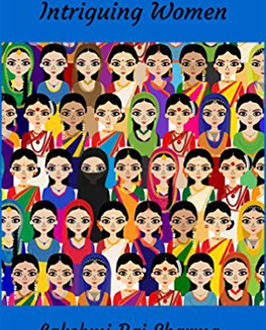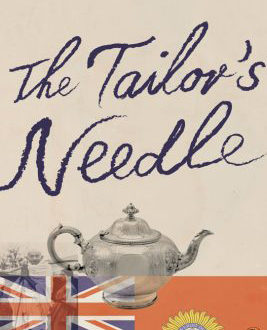Greatness
What is greatness?
The idea of someone being described as “great” has not appealed to a majority of people after the impact of postmodernism. The tendency to mock everything that was once revered has taken away the ability to see greatness without cynicism. I remember the literary scholar, Terry Eagleton, deriding F. R. Leavis, the literary critic, for using the adjective “great” to describe certain authors. Factors such as a democratic consciousness, Marxist feelings, scientific prying into details, and the technological help that makes virtually everything available, are to blame. They have taken away our ability to see what some exceptional individuals have achieved either singly or with the help of a few people.
Greatness must get recognition.
On the whole, not being able to recognize greatness in people who have earned the right to be considered great is a loss for humanity. It can be considered some sort of blindness that should not be encouraged. Not seeing greatness in another can lead to not striving to be great oneself. There are great people even today; people who have not been dampened by the cynicism of our times. But ironic perception, parody, humour, mockery, and other traits that help us in perceiving people today seem to exclude the idea of greatness.
Lata Mangeshkar
On February 6, 2022, we lost Lata Mangeshkar, the voice of India. There was a sheet of gloom that covered the nation on that day. Lata Mangeshkar was generally known as “Lata Didi.” Her musical talent earned her a relationship with her people. She became a sister to the nation; one that everyone would support and never want to oppose. Her talent was matched by hard work – a dedication; a submission to the art of music. No wonder, she was loved even in the enemy country Pakistan, awarded by France, photographed along with Bill Clinton and his wife, personally befriended by a host of Indian prime ministers and presidents, given the highest Indian award of Bharat Ratna, and her death brought on two-day national mourning.
Art and Greatness
Art, when crossing a certain benchmark, goes beyond what is humanly reachable. After that, the word “great” is needed to describe the artist with a semblance of accuracy. Perhaps the word “great” is best used for artists because they have little to do with political power; powerful people want to be associated with them instead. Lata Mangeshkar’s greatness lay in the ease with which she managed varied combinations of notes and scales; she didn’t seem to make an effort to be on the right note as that happened naturally with her. Her effort, if she made one, was to sweeten every note and take it to the right depth or height. What else would you describe her as, if not great? An artist of her caliber comes once in a century or two perhaps, descending upon the earth like a god or goddess.
Greatness is associated with Non-acquisitive Endeavour
Of course, greatness can come in a number of vocations and talents but it dwells mainly in non-acquisitive endeavours. It resides where the physical self has been set aside and the spirit has taken charge of the person. In the postmodern world, where anything goes, the label of “great” can be conferred even upon one who has merely become filthy rich. But by and large, greatness is linked with a more refined kind of creativity. To be able to create something out of nothing is to be godlike. This I believe to be a basic requirement for greatness. Gandhi shunned power and yet got it without being elected or nominated. He could be called great. A great prime minister or president can be called a “great leader,” not great per se. That kind of greatness may have little to do with true greatness. Similarly, a frightfully wealthy person may be a great businessman but not be actually great.
Greatness and Shakespeare
Lata Mangeshkar’s biographer, Harish Bhimani, compares her with Shakespeare. He sees in the two a similarity of spirit; of the soul. Shakespeare created some characters that shared in his traits of greatness. Cleopatra, for instance, was not great because she was the Queen of Egypt. She was great because she was Cleopatra, a certain kind of artist in her dealings with people. And if Antony had to match up to her he would have to “let Rome in Tiber melt.” Too much has been written on Shakespeare’s greatness for me to need saying anything in that regard. He has found the wings of greatness to keep flying all over the world. He will not be forgotten like someone with power or wealth can be forgotten in a few decades. His art has pleased too many for too long to allow that. True greatness conquers space as well as time, and that without authority begotten out of power.





One Comment
Dharm pal Singh
You have rightly defined ‘greatness’. God is great because He gets respect from a majority of persons. Likewise, he / she can be called great who is loved and revered by a large number of people.